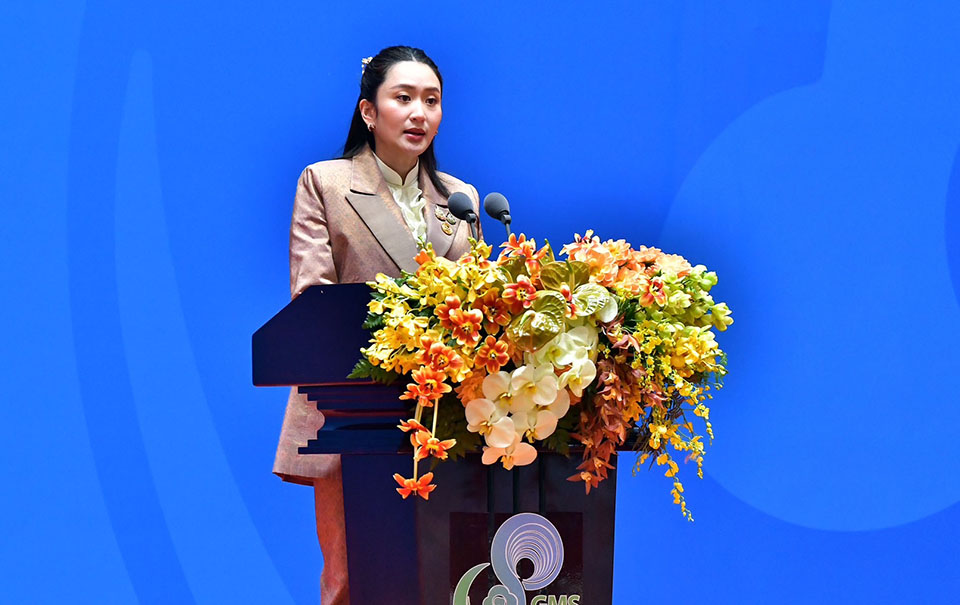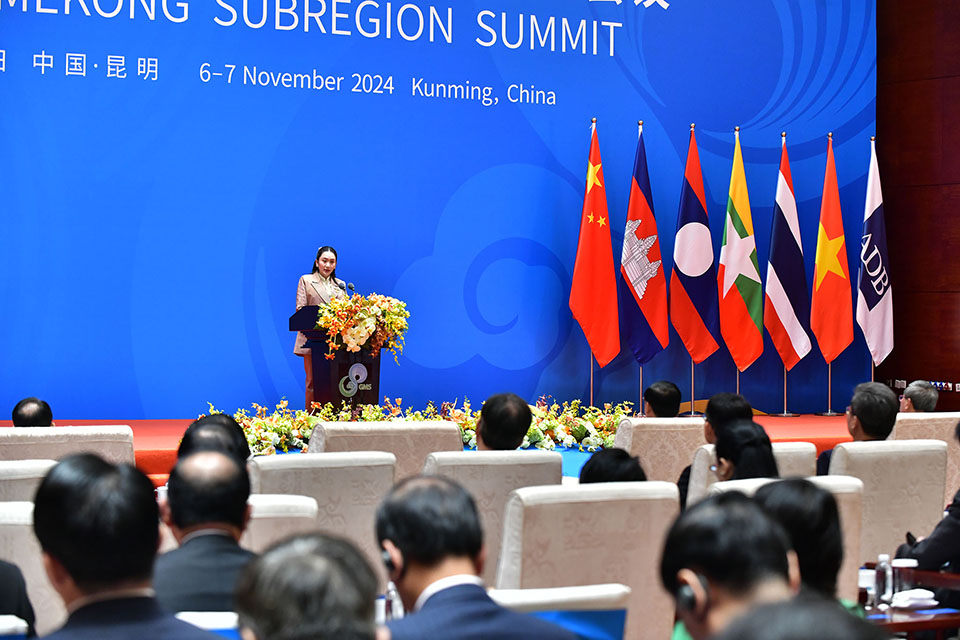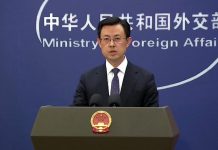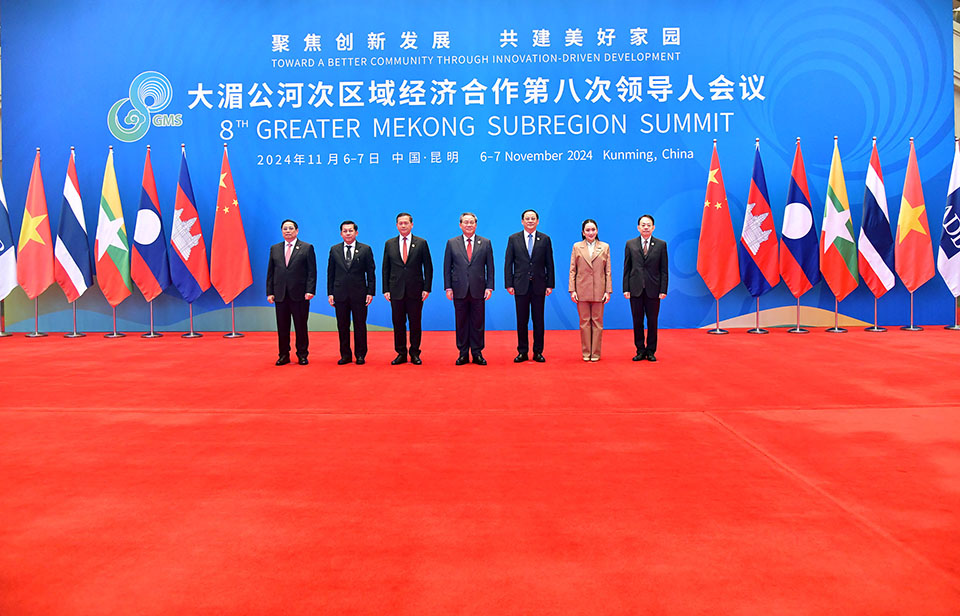
KUNMING – In a significant address at the 8th Greater Mekong Subregion Economic Cooperation Program (GMS) Summit, Prime Minister Paetongtarn Shinawatra on Nov 7 outlined Thailand’s commitment to innovation-driven development with a strong emphasis on environmental sustainability.
The summit, attended by leaders from China, Cambodia, Laos, Myanmar, and Vietnam, along with the President of the Asian Development Bank, focused on the theme of “Innovation-driven Development in Thailand.”
In her speech, Prime Minister Paetongtarn proposed a comprehensive approach to regional development centered around “inclusive and environmentally friendly innovation.” The goal, she stressed, is to create a more equitable society and a sustainable future for all.
Thailand, she highlighted, has integrated innovation into all levels of its national development plans, from modernizing agriculture to enhancing financial services. These initiatives aim to improve the lives of citizens and attract investment.
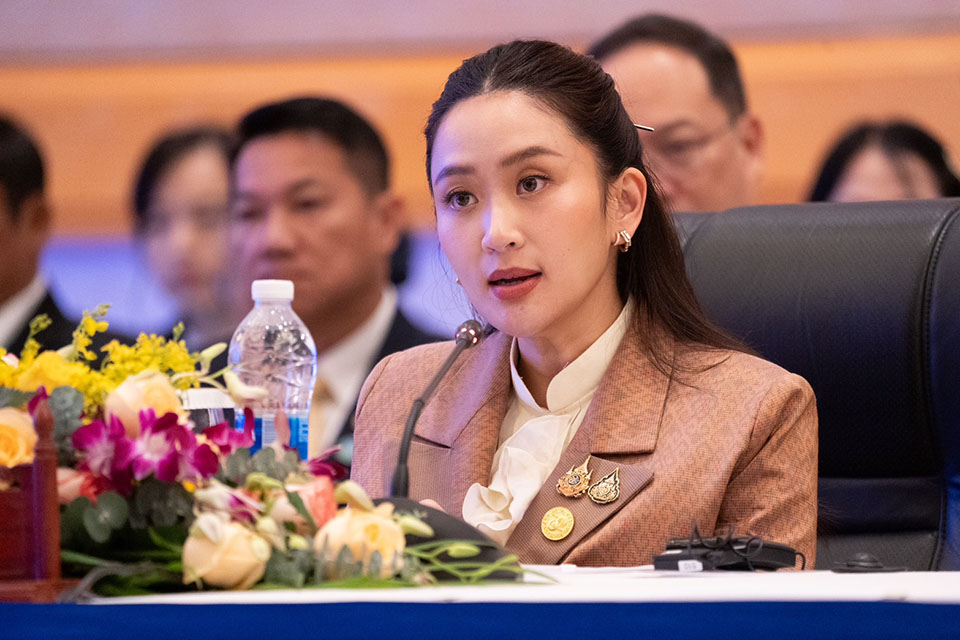
The Prime Minister expressed confidence that the GMS Innovation Strategy, set to be endorsed at this summit, will provide a roadmap for enhancing the region’s innovative capacity. This, in turn, will unlock new possibilities and improve the economic conditions and quality of life for people across the Greater Mekong Subregion.
GMS, which was established in 1992, brought together the 6 Mekong subregional countries of Cambodia, China (specifically Yunnan Province and the Guangxi Zhuang Autonomous Region), Laos, Myanmar, Thailand, and Vietnam.
With its vision of a more prosperous, integrated, and harmonious subregion”, GMS strives to reduce disparity with no one being left behind. The GMS Program has adopted a three-pronged strategy (the three Cs), namely, connectivity, competitiveness, and community. (TNA)
